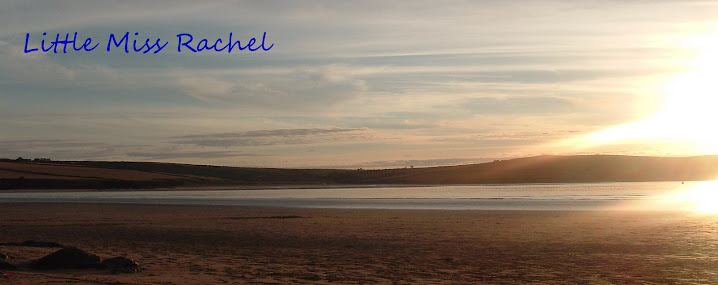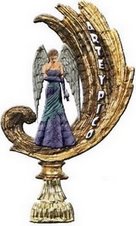 Set in a Grammar School in Sheffield in the early 1980’s, The History Boys follows a group of boys preparing for their Oxbridge entrance examinations. The film, adapted by Alan Bennett from his own play for the National Theatre, directed by the National Theatre's director, Nicholas Hynter, and featuring the original cast of actors, begins with A level results and ends with the outcome of the admissions exams, the action centred in the school during the admissions term.
Set in a Grammar School in Sheffield in the early 1980’s, The History Boys follows a group of boys preparing for their Oxbridge entrance examinations. The film, adapted by Alan Bennett from his own play for the National Theatre, directed by the National Theatre's director, Nicholas Hynter, and featuring the original cast of actors, begins with A level results and ends with the outcome of the admissions exams, the action centred in the school during the admissions term.
The boys are taught by their History tutor, Mrs Lintott (Frances de la Tour), their English tutor Hector (Richard Griffiths) and Irwin (Stephen Campbell Moore), the new inspiration which the headmaster (Clive Merrison) has employed to achieve results. Despite none of the staff having attended Oxbridge (Durham, Sheffield, Bristol and Hull respectively) each member of the staff provides education and inspiration to the boys in equal parts. The action centres mainly in and around the school grounds; the narrative is intelligent, witty and amusing but with an edge of realism. “The journey of the History Boys becomes as much about how education works as it is about where education leads”.
Bennett emphasises the different teaching styles of Hector and Irwin, something that does not go unnoticed by the boys – “we don't know who we are, sir. Yours or Mr Irwin's”; Hector, allocated the task of teaching the boys ‘general studies’ although he says that “nothing about education is general” and “If heaven forefend, I was ever entrusted with the timetable, I would call these lessons A Waste of Time” teaches “sheer calculated silliness” - quotations, music, language and encourages the re-enactments of various old films – the ‘gobbets’ which will eventually make their essays stand out from the accurate but dull fact stating.
Irwin, a fan of facts but also the unexpected,”whose deconstructive approach to knowledge suggests a scholarly version of political spin”, teaches the boys to look at issues from the alternative angle. And then there is Mrs Lintott, the fan of facts, which must not just be learnt, but learnt inside out, who asks, “Can you, for a moment, imagine how dispiriting it is to teach five centuries of masculine ineptitude? History is a commentary on the various and continuing incapabilities of men. What is history? History is women following behind with the bucket.”
And so, as the film progresses through the term, the boys realize that they are learning more than they will need for the examinations. They are learning about life; how to present things as something that they are not, how to love and how that there may be occasions when actions, although unwarranted, are harmless. The acting is excellent, the narrative beautifully constructed. Some of the lines made me roar with laughter, others were almost moving. I have not had the opportunity to watch the stage version; I am led to believe that having watched this, I need not. One reviewer wrote “Admittedly, it's a rare pleasure to see any film where intelligence matters, let alone one that's actually an extended advert for the pleasures of thinking. Still, this isn't a film, but at best, a superior example of set-text cinema.” But I would have to disagree; The History Boys is not just ‘set-text cinema’; it is intelligent, funny and a pleasure to watch.
The History Boys (15) - On general release
Monday, October 30, 2006
The History Boys
Subscribe to:
Post Comments (Atom)
.jpg)



No comments:
Post a Comment